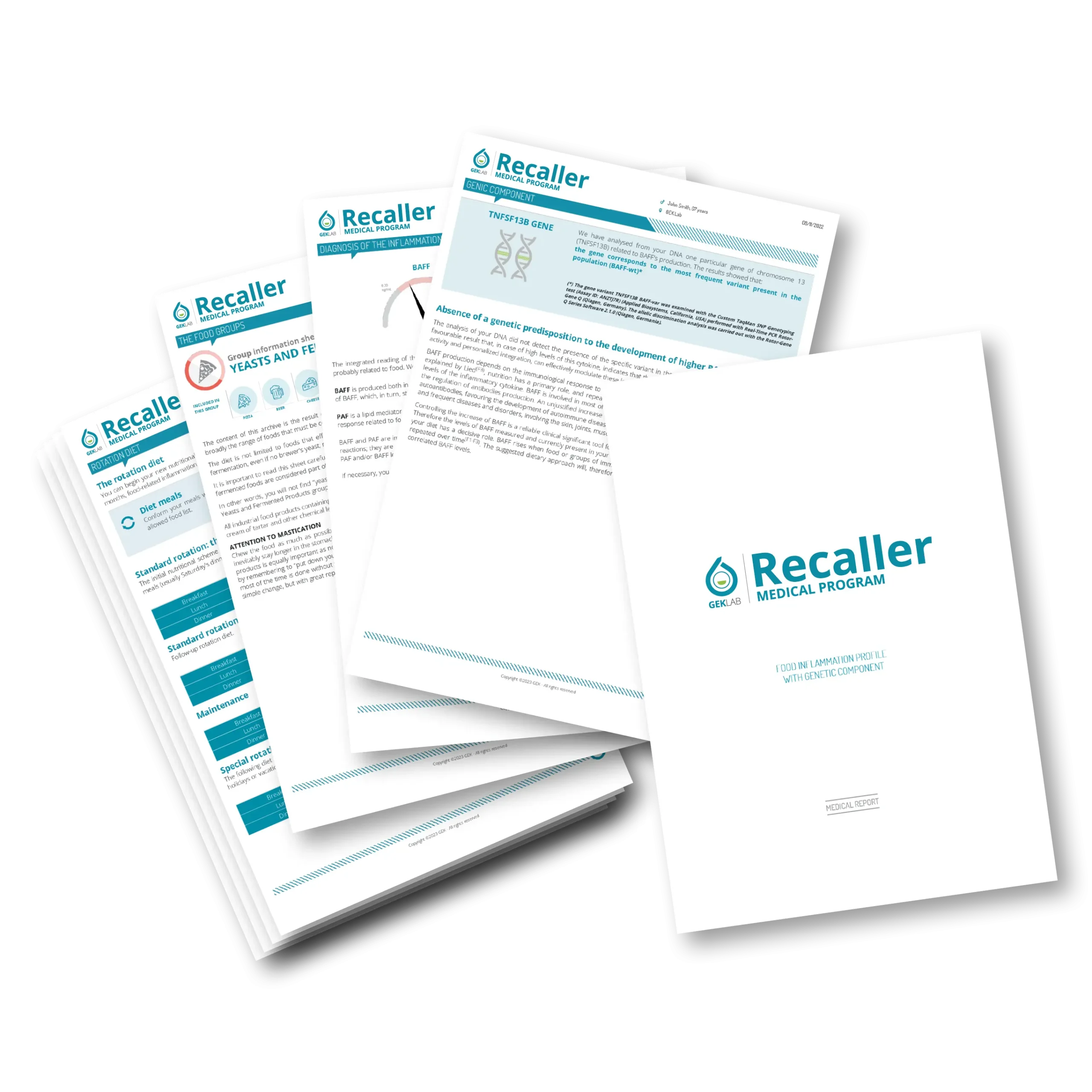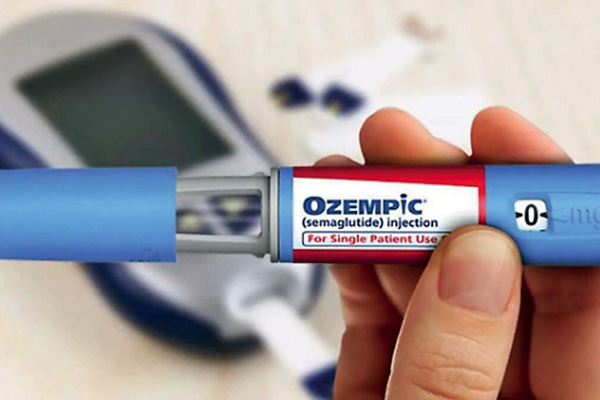Swimsuit season: strategies for healthy and effective weight loss

With the arrival of summer, many people start thinking about the dreaded “swimsuit season”. This time of year often sees an increase in last-minute diets, which typically lead to a loss of fluids and muscle. However, it is important to approach weight loss with evidence-based strategies to ensure sustainable and healthy results. Below, we will explore eight key points for effective and safe weight loss.
1. Structured meals and prolonged satiety
One of the most common mistakes in diets is continuous snacking, often rich in carbohydrates, which leads to a continuous insulin secretion and, consequently, to the accumulation of fat in the medium term. To avoid this, it is essential to have structured meals that ensure prolonged satiety. A breakfast with a good amount of protein is crucial. Proteins, in fact, slow gastric emptying and increase the production of satiety hormones, which are allies in the “swimsuit test.”
Last-minute diets typically lead to loss of fluids and muscle. That’s why it’s important to address weight loss with evidence-based strategies to ensure sustainable and healthy results.
Starting the day with eggs, Greek yogurt, cheese, nuts, or cold cuts (in moderation) reduces the need for frequent snacks and helps control blood sugar spikes.
2. Adequate hydration
We often confuse thirst with hunger because in the brain, the centers that regulate these two stimuli are very close. Drinking the right amount of water not only helps maintain fluid balance but also promotes diuresis, helping to drain excess extracellular fluids, which are enemies of the beach body. Proper hydration reduces water retention and improves the feeling of satiety, contributing to weight control.
3. Short fasting and skipping dinner
Skipping meals is generally counterproductive because it causes a daily protein deficiency and, consequently, a tendency to lose muscle mass, which is essential for maintaining a high metabolism. Skipping breakfast or lunch and concentrating food intake on the evening meal also leads to various problems: increased cholesterol, high blood sugar levels, and fat accumulation (not to mention the impact on sleep and digestive system health).
Skipping dinner 1-2 times a week instead has positive effects on sugar metabolism, reducing oxidative stress, blood pressure, and fat reserves consumption, especially abdominal fat. Abdominal, or visceral, fat is among the most stubborn to reduce and, besides having an aesthetic effect on our beach body, it is also the most dangerous, as it is correlated with metabolic syndrome (a condition characterized by the simultaneous presence of at least three of the following risk factors: abdominal obesity, hypertension, high blood sugar levels, high triglyceride levels, and low HDL cholesterol levels). Therefore, intermittent fasting can contribute to a healthier body composition.
4. A varied diet to prevent inflammation
A monotonous diet can lead to chronic inflammatory states that hinder weight loss and cause insulin resistance, primarily due to the increase in BAFF. Inflammation is also linked to fluid retention, which represents the body’s attempt to dilute excess inflammatory molecules. Diversifying the diet through an anti-inflammatory rotation diet introduces a wider range of nutrients, reduces inflammation, and promotes a more efficient metabolism.
The first step in setting up a proper anti-inflammatory diet for the beach body challenge is to measure one’s level of inflammation to understand if there is an excess consumption of specific foods: the Recaller Medical Program assesses both the quantity of specific IgG antibodies to food and inflammatory values through BAFF and PAF levels.
Once the product results are available, it will be possible to establish a personalized rotation diet, reducing inflammation and maintaining the correct variety of vegetables, whole grains, lean proteins, and healthy fats.
5. Physical activity and HIIT workouts
Physical activity is crucial for weight loss. High Intensity Interval Training (HIIT) workouts are particularly effective for those with limited time. These workouts alternate between periods of high-intensity exercise and low-intensity recovery, improving metabolism and promoting fat loss more efficiently than steady-state workouts.
6. Be careful with meal replacements
Before summer, meal replacements are often heavily advertised, usually in the form of bars or shakes. The issue here is that, nutritionally, they often fall short, being high in sugars or artificial sweeteners.
Artificial sweeteners, which may seem like a good idea as they are calorie-free, actually lead to an increase in Methylglyoxal, a free radical that plays a fundamental role in promoting insulin resistance, just like sugars do.
Furthermore, a meal consisting of the right amount of proteins, carbohydrates, vegetables, and fats is able to occupy a certain volume in the stomach. This results in a better sense of satiety also due to the production of hunger-regulating hormones, which are allies, as we have already mentioned, for the swimsuit season.
7. Chromium supplementation
While some products can be detrimental to both your health and your finances, some supplements can actually support weight loss. Chromium, a natural hypoglycemic, improves sugar metabolism, promoting better blood sugar control and reducing hunger attacks. Before taking supplements, it is always advisable to consult a healthcare professional to assess the need and appropriate dosage.
8. Measure progress with clothes, not with the scale
Focusing solely on weight can be misleading. Muscle weighs more than fat but takes up less volume, so someone who builds muscle may not see a significant reduction in weight on the scale but will notice that their clothes become looser. Evaluating progress in terms of clothing fit and body composition is a more accurate and motivating method than the sterile measurement of weight.
Conclusion
Taking a balanced approach to preparing for swimsuit season is essential for achieving lasting and healthy results. Following an anti-inflammatory diet, staying adequately hydrated, considering intermittent fasting, and engaging in regular physical activity are all fundamental steps for effective weight loss. Wellness is a continuous journey, not a hastily reached destination.
By the Scientific Editorial Team at GEK Lab










